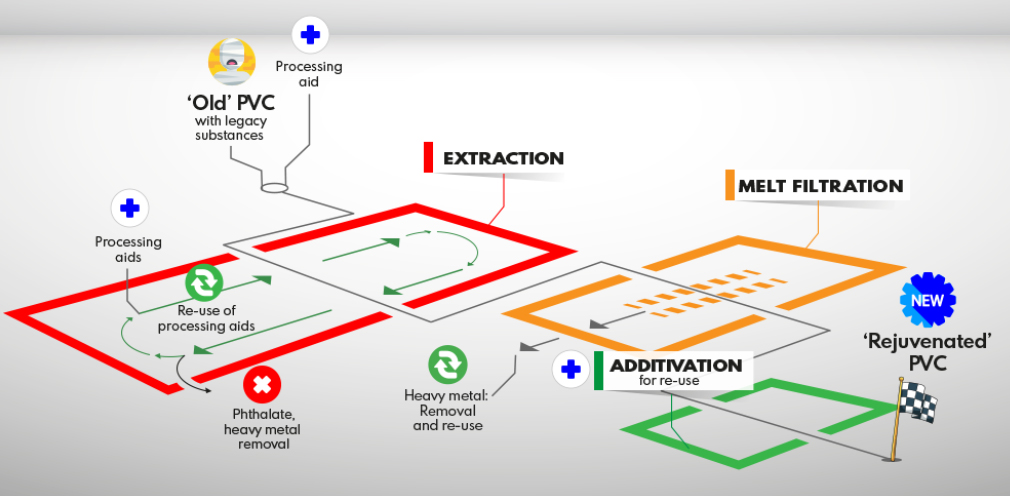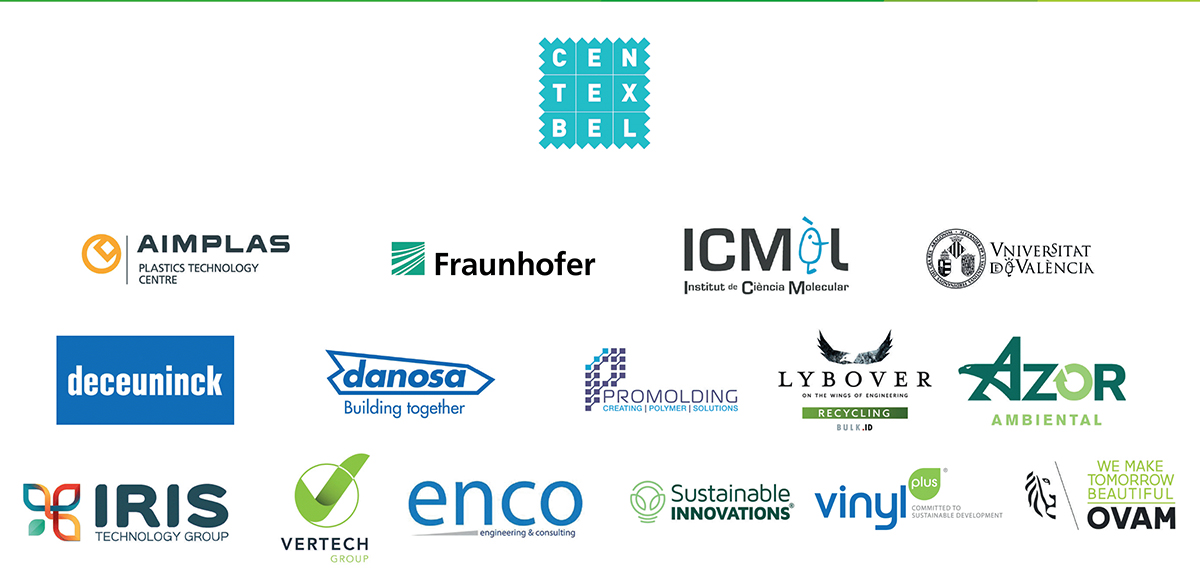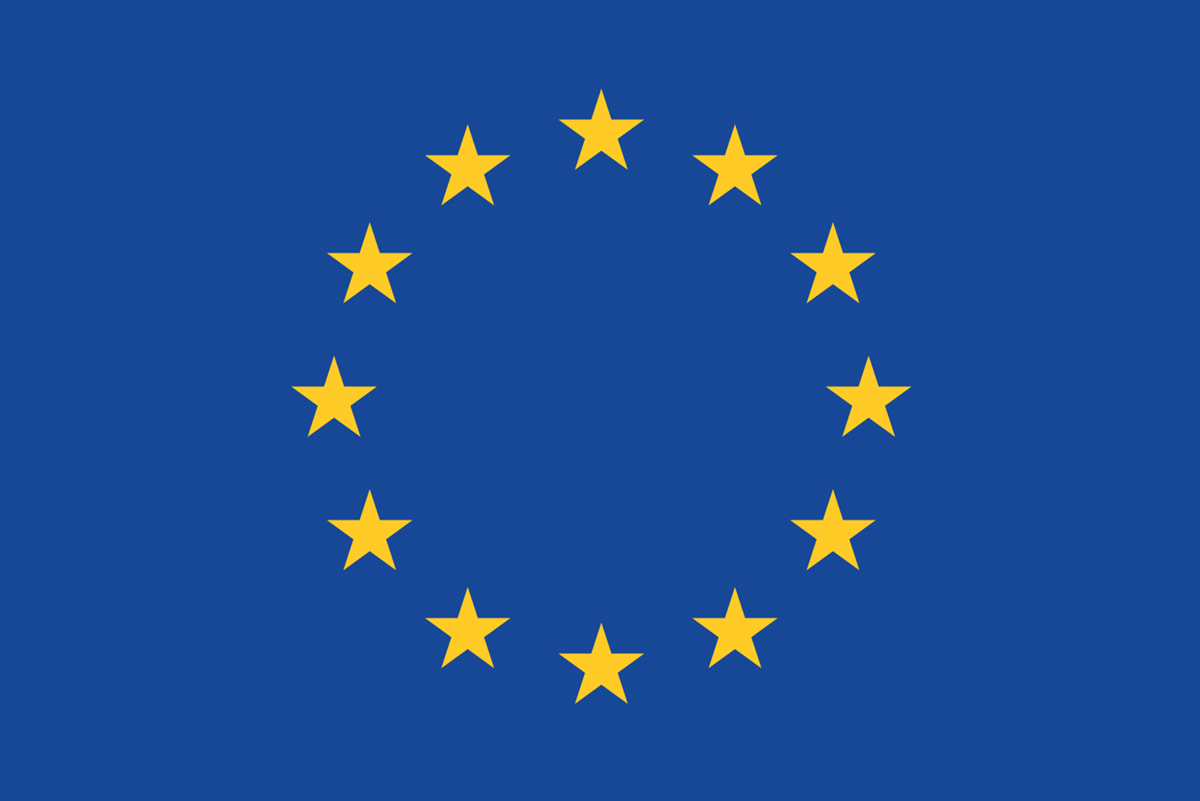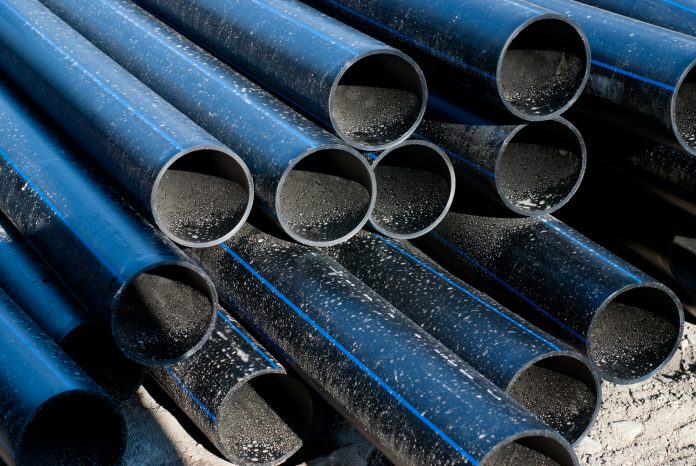Manager at EU Research at Centexbel, Guy Buyle introduces REMADYL, a H2020 project on the removal of legacy substances from PVC via a continuous and sustainable extrusion process
REMADYL aims at recycling so-called “old PVC”, i.e. PVC additivated with hazardous legacy substances (LS) such as low molecular weight phthalate plasticisers (mainly DEHP) and heavy metal based stabilisers (mainly lead). This “old PVC” constitutes most of current hard (e.g. window frames, tubes) and soft (e.g. flooring or cables) PVC post-consumer waste.
The challenge
The presence of legacy substances (LS) is a persistent barrier for PVC recycling as there are currently no economically viable solutions for their removal. This seriously hampers the recycling of PVC, although the material itself is intrinsically very well suited for recycling. The situation today is as follows:
- In Europe, of all post-consumer PVC waste generated in 2016, 23% was recycled and still 29% was landfilled
- No viable methods exist to remove lead and plasticizers from PVC
- Mechanical recycling does not remove any of the hazardous substances from PVC
- Lead content in the PVC remains and is transferred into the new product
PVC is one of the most widely used plastics in the world with a wide range of long-life applications such as window frames, pipes, flooring, cables, sport equipment, furniture and a range of lifesaving medical devices.
Objectives
To reach our ambitious overall project goal, REMADYL has the following key objectives:
- A lab-scale process for rejuvenating PVC
- Detection and sorting process for PVC containing legacy substances
- Pilot line development for a continuous extractive extrusion process for rejuvenating PVC
- Demonstration of the re-use of rejuvenated PVC materials streams
- Safe handing and re-use of the by-products
- Policy contribution at European, national and regional level
Our approach
To tackle this major challenge, REMADYL will develop a breakthrough continuous process based on extractive extrusion technology in combination with novel solvents and melt filtration, which has the potential of rejuvenating ‘old PVC’ into high purity PVC tuned towards the demands of various soft and hard PVC products at market competitive cost. The process also has potential for other plastics applications, e.g. removal of (halogenated) flame retardants. Using this process, REMADYL will support the circular use of PVC for window profiles and waterproofing sheets, providing a flagship example for the circular economy. The extracted phthalate plasticizers will be safely disposed (with energy valorisation) and the lead will be re-used in batteries.

Two different pilots are planned:
- Demonstration of the re-use of rejuvenated PVC for soft applications, eg PVC sheets
- Demonstration of the re-use of rejuvenated PVC for rigid applications, eg window frames
In order to establish these demonstrations, we intend to combine a continuous lab-scale and pilot extraction processes with the recycling/re-use of the byproducts. A further attention point is the safe handling of these byproducts.
Furthermore, the sustainability of the entire process will be demonstrated. Further, we will also focus on the regulatory framework and take into account the relevant health, safety and environmental aspects linked to the REMADYL activities.
Expected Impacts
REMADYL will deliver a breakthrough support to the Circular Economy Package and resource efficiency targets for Europe as recovered PVC will reduce incineration and landfilling. The expected developments are expected to bring the following impacts:
- Increased purity and/or desirable quality of Secondary Raw Materials
- Increased recycling rate for, and reduced landfill and incineration of, Secondary Raw Materials
- Reduced risk of retaining hazardous substances in recycled materials
- The implementation of the European Commission Strategy on Plastics in a Circular Economy and of the SPIRE PPP Roadmap
- Improving industries innovation capacity and creating market opportunities
- Contribution to climate protection: recycling generates lower CO2 emission than producing virgin PVC.

Consortium
To tackle the ambitious challenge of removing lead and phthalate plasticisers from PVC, REMADYL consists of a consortium of 15 partners from 6 European countries.
Key are the industrial companies of the consortium: Deceuninck (BE), Danosa (ES), Azor Ambiental (ES), Promolding (NL), Bulk ID (BE) and IRIS Technologies (ES) as they are actually processing the PVC and lead or developing the necessary sorting and separation technologies.
The companies are supported by 3 research and technology centres (Centexbel (BE), Fraunhofer ICT and IFEM (DE) and Aimplas (ES) and 1 university (Univ of Valencia).
Further, for the horizontal aspects like environmental and economic assessment, dissemination and exploitation, the partnership can count on VERTECH (FR), Sustainable Innovations Europe (ES) and ENCO consulting (IT).
Further the consortium also includes OVAM (BE), a Flemish public authority for waste as well as VINYLPLUS (BE), the voluntary commitment to sustainable development of the European PVC industry, which works to improve the sustainability performance of PVC.
 This project has received funding from the European Union’s Horizon 2020 Research and Innovation Programme under Grant Agreement No 821136.
This project has received funding from the European Union’s Horizon 2020 Research and Innovation Programme under Grant Agreement No 821136.
*Please note: This is a commercial profile











